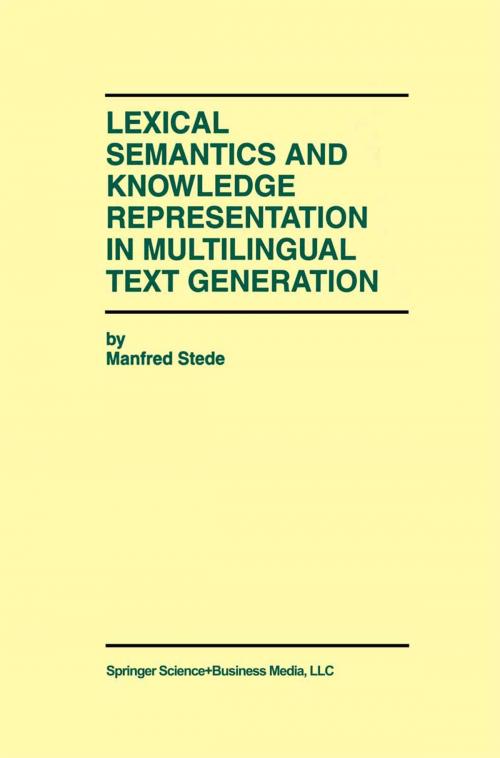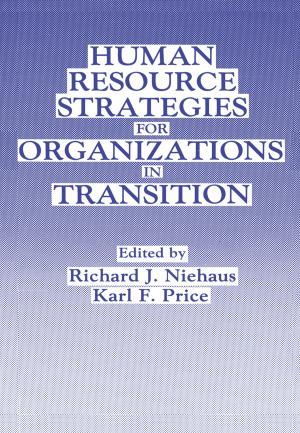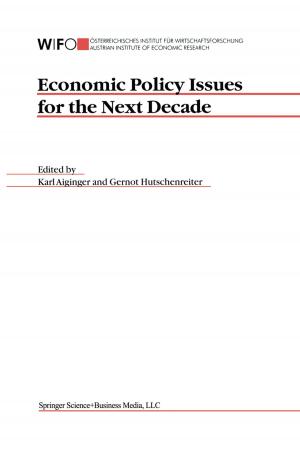Lexical Semantics and Knowledge Representation in Multilingual Text Generation
Nonfiction, Computers, Advanced Computing, Artificial Intelligence, Reference & Language, Language Arts, Linguistics, General Computing| Author: | Manfred Stede | ISBN: | 9781461551799 |
| Publisher: | Springer US | Publication: | December 6, 2012 |
| Imprint: | Springer | Language: | English |
| Author: | Manfred Stede |
| ISBN: | 9781461551799 |
| Publisher: | Springer US |
| Publication: | December 6, 2012 |
| Imprint: | Springer |
| Language: | English |
In knowledge-based natural language generation, issues of formal knowledge representation meet with the linguistic problems of choosing the most appropriate verbalization in a particular situation of utterance. Lexical Semantics and Knowledge Representation in Multilingual Text Generation presents a new approach to systematically linking the realms of lexical semantics and knowledge represented in a description logic. For language generation from such abstract representations, lexicalization is taken as the central step: when choosing words that cover the various parts of the content representation, the principal decisions on conveying the intended meaning are made. A preference mechanism is used to construct the utterance that is best tailored to parameters representing the context.
Lexical Semantics and Knowledge Representation in Multilingual Text Generation develops the means for systematically deriving a set of paraphrases from the same underlying representation with the emphasis on events and verb meaning. Furthermore, the same mapping mechanism is used to achieve multilingual generation: English and German output are produced in parallel, on the basis of an adequate division between language-neutral and language-specific (lexical and grammatical) knowledge.
Lexical Semantics and Knowledge Representation in Multilingual Text Generation provides detailed insights into designing the representations and organizing the generation process. Readers with a background in artificial intelligence, cognitive science, knowledge representation, linguistics, or natural language processing will find a model of language production that can be adapted to a variety of purposes.
In knowledge-based natural language generation, issues of formal knowledge representation meet with the linguistic problems of choosing the most appropriate verbalization in a particular situation of utterance. Lexical Semantics and Knowledge Representation in Multilingual Text Generation presents a new approach to systematically linking the realms of lexical semantics and knowledge represented in a description logic. For language generation from such abstract representations, lexicalization is taken as the central step: when choosing words that cover the various parts of the content representation, the principal decisions on conveying the intended meaning are made. A preference mechanism is used to construct the utterance that is best tailored to parameters representing the context.
Lexical Semantics and Knowledge Representation in Multilingual Text Generation develops the means for systematically deriving a set of paraphrases from the same underlying representation with the emphasis on events and verb meaning. Furthermore, the same mapping mechanism is used to achieve multilingual generation: English and German output are produced in parallel, on the basis of an adequate division between language-neutral and language-specific (lexical and grammatical) knowledge.
Lexical Semantics and Knowledge Representation in Multilingual Text Generation provides detailed insights into designing the representations and organizing the generation process. Readers with a background in artificial intelligence, cognitive science, knowledge representation, linguistics, or natural language processing will find a model of language production that can be adapted to a variety of purposes.















